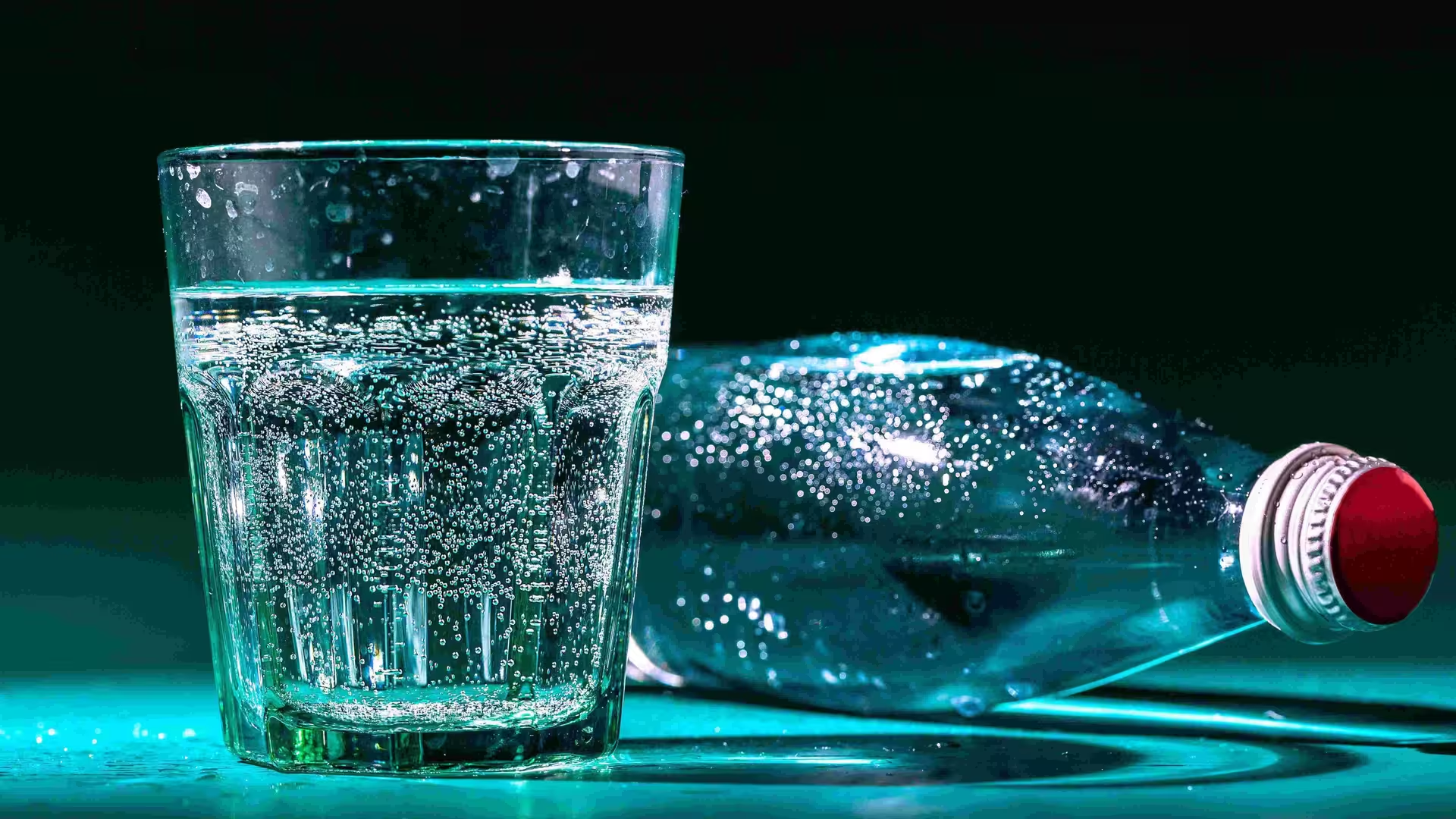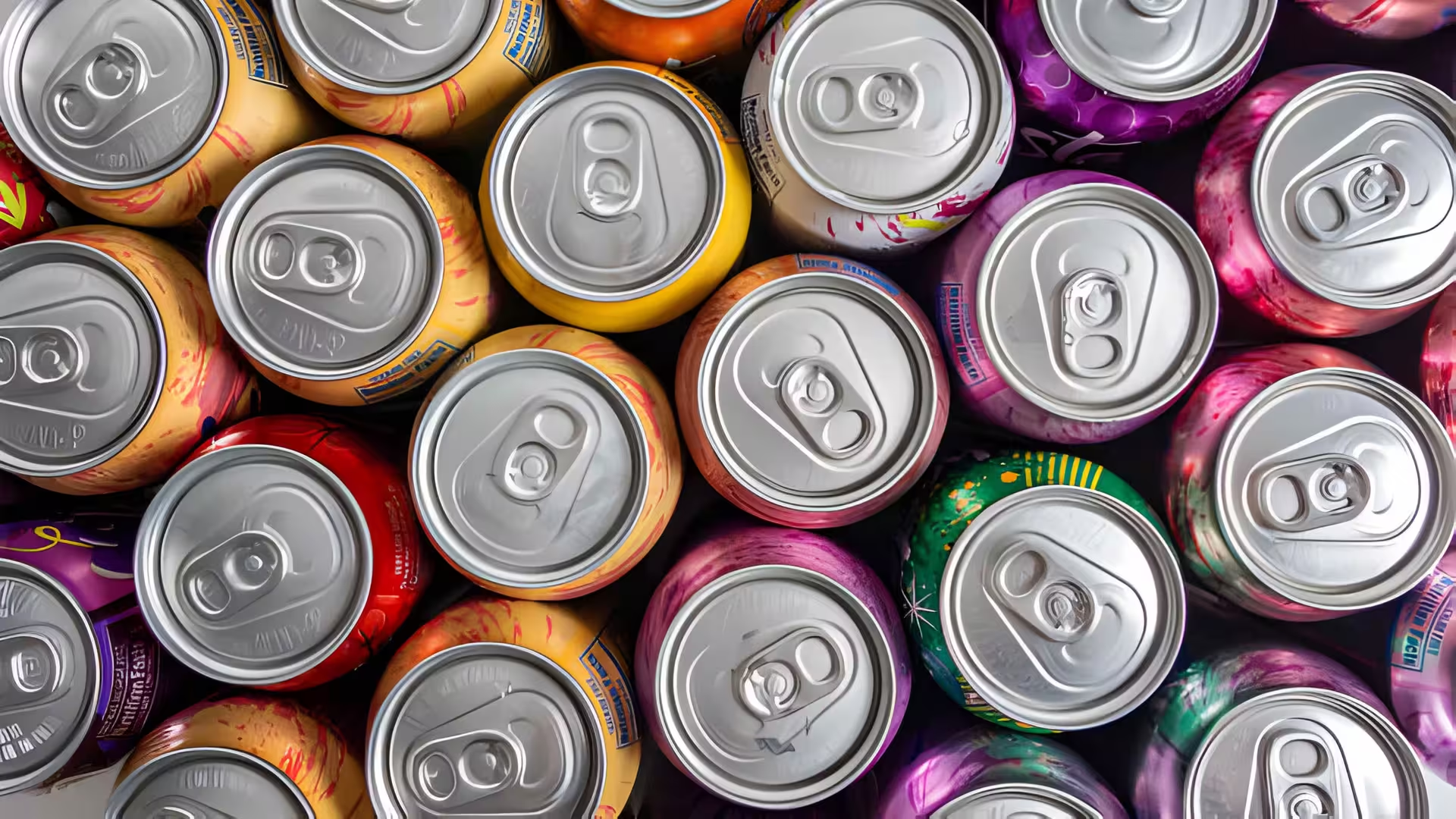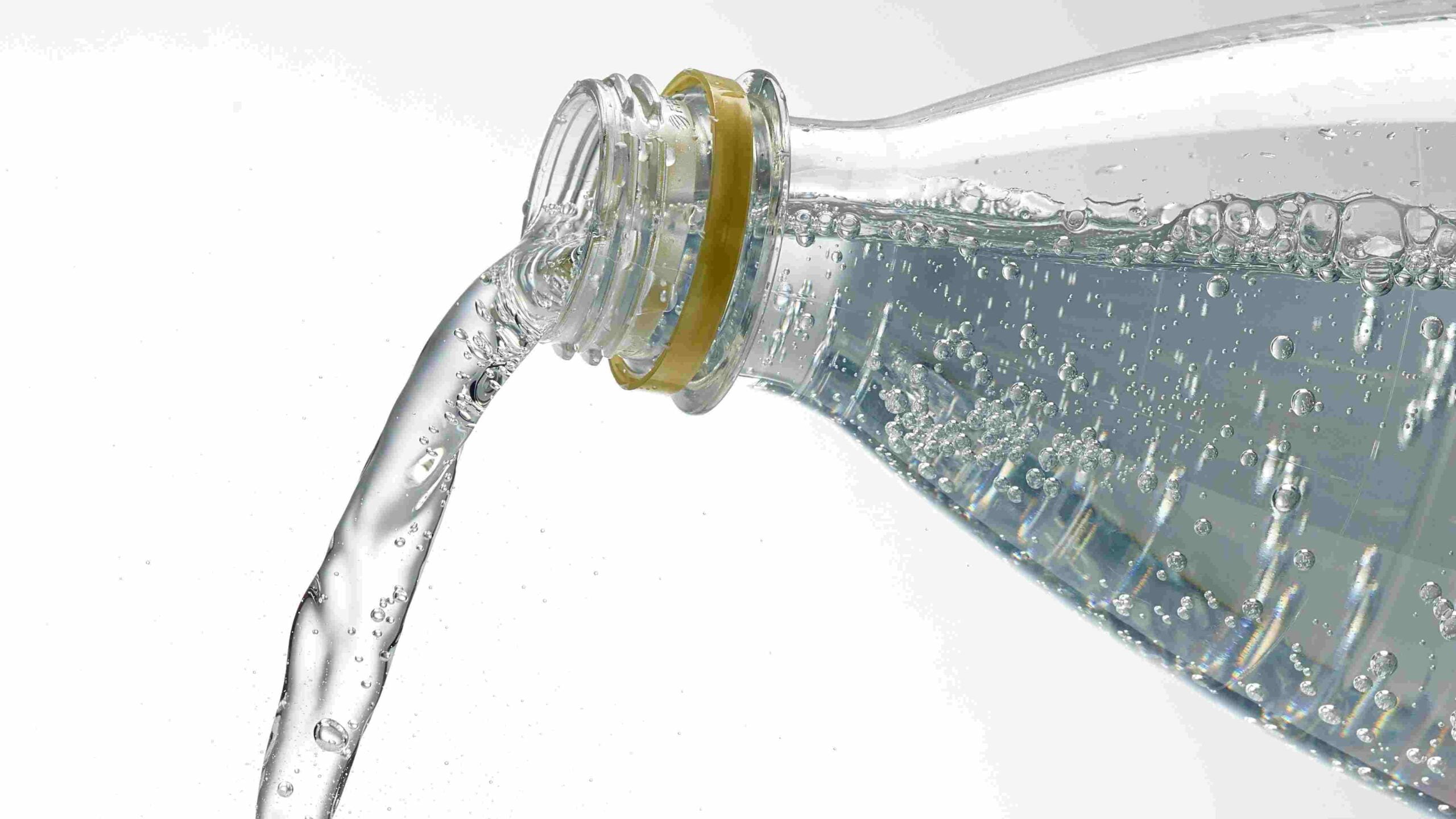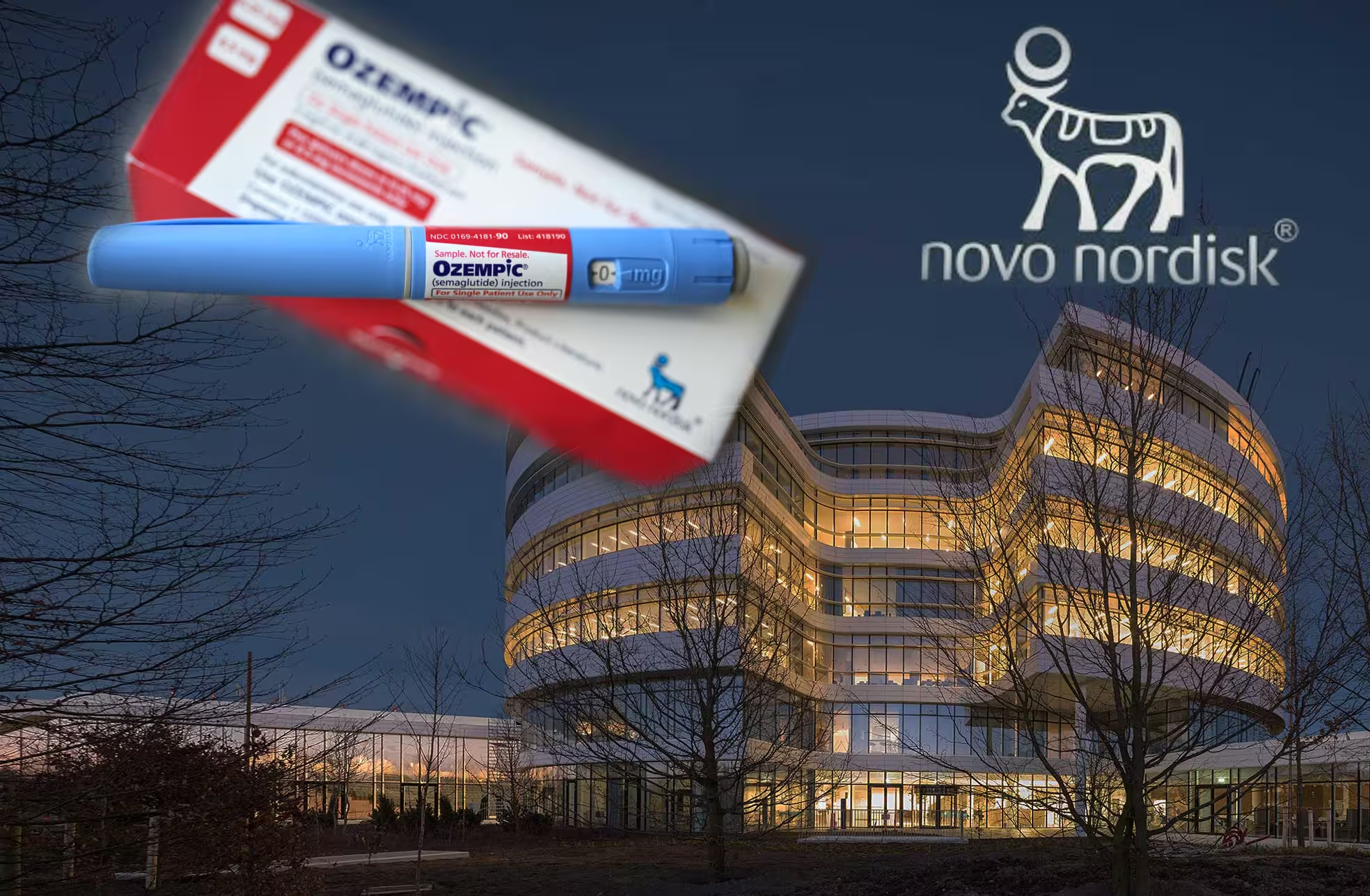Sparkling water, with its effervescent bubbles and crisp taste, has become a popular trend for those seeking a refreshing alternative to still water or sugary sodas. But, beyond its bubbly allure, lets delve into aspects like its history, benefits, etc.
What is Sparkling Water
Sparkling water is created by infusing water with carbon dioxide (CO2) under pressure, creating a fizzy, effervescent texture. It can be naturally carbonated from mineral springs or artificially carbonated. Often enjoyed plain or flavored, it provides a refreshing alternative to still water and sugary drinks.
Natural sparkling water comes from mineral springs, where the water has absorbed CO2 from the ground, while artificial sparkling water is made by adding CO2 to plain water. Some versions of sparkling water also contain minerals like calcium, magnesium, and potassium, which can enhance its taste and health benefits.
The origin of sparkling water can be traced back to the late 18th century. The credit for its invention goes to Joseph Priestley, an English chemist who discovered a method to artificially carbonate water in 1767. The first company to produce and sell sparkling water was Schweppes, founded in 1783 by Johann Jacob Schweppe, a Swiss watchmaker who refined Priestley’s carbonation process. Schweppes is still a leading brand in the sparkling water market today.
Is Sparkling Ice water healthy
Sparkling Ice water is often marketed as a healthy alternative to sugary sodas, offering zero calories and a variety of flavors. While it doesn’t contain sugar, it is sweetened with artificial sweeteners like sucralose, which some people prefer to avoid due to potential health concerns. Additionally, it contains added vitamins and antioxidants, which can be beneficial. However, the inclusion of artificial colors, preservatives, and sweeteners means it’s not as natural as plain sparkling water. Moderation in consumption is the key.
Some health benefits of Sparkling Ice water include:
- Zero Calories: It provides a flavorful alternative to sugary sodas without adding extra calories to your diet.
- Hydration: Like other types of water, it helps keep you hydrated.
- Added Vitamins: Some varieties contain added vitamins like Vitamin C, B vitamins, and antioxidants, which can support overall health.
- No Sugar: It doesn’t contain sugar, which can help reduce your risk of weight gain and dental issues associated with sugary beverages.

Healthy Consumption: Moderation is Key
While sparkling water can be a healthy addition to your daily routine. The carbonation can cause bloating, especially if consumed in large quantities. If you’re concerned if sparkling water bad for teeth, rinsing your mouth with plain water after drinking sparkling water will help to neutralize the acidity. Since children’s enamel is still developing, the acidity of sparkling water could potentially contribute to enamel erosion, if consumed in excess. Hence, its important to listen to your body and adjust your intake accordingly.
Some flavored sparkling waters contain added sugars or artificial sweeteners, which may not be ideal for children. Plain sparkling water is a healthier choice.
Is Tonic water the same as Sparkling water

What are Natural flavors in Sparkling water
Final thoughts!
Sparkling water has indeed become something of a beverage trend attributing to several factors as: Health-Wellness Movement, Premium-Craft Varieties marketing, Social Media Influence and status. In the Eastern world, the consumption of sparkling water is growing, though it’s not as entrenched as it is in the West. The trend is more prominent in urban areas, where Western influences are stronger, and among younger, affluent demographics who are more exposed to global trends.
Sparkling water offers a bubbly alternative to still water that can help with hydration, digestion, and more, without the calories found in sugary sodas. Sparkling water emerges as the healthier choice for regular hydration, free of the sugars and additives that characterize tonic water. So, the next time you reach for a drink, consider a glass of sparkling water to quench your thirst in a refreshing and health-conscious way.
ALSO READ THESE ARTICLES:
What is Sustainability? Eco-Conscious Ethical Products Consumption






